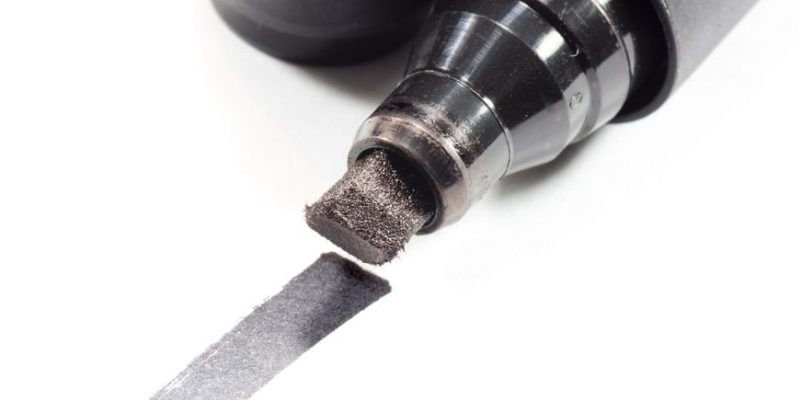We explain what something indelible is, the origin of the term and its literal and figurative meaning. Also, its synonyms and antonyms.

What is something indelible?
something indelible It is permanent, that is, it cannot be erased, deleted or removed. This adjective comes from Latin indelebiliscomposed of the prefix in-which denotes opposition or against, and the verb delete (“erase”, “destroy” or “suppress”), which we can find in contexts such as the famous phrase of the Roman politician Cato “the Elder” (234-149 BC): “delenda est Carthago“, that is, “Carthage must disappear.”
The indelible adjective can be used in literal contexts, such as to warn that a marker has indelible inkthat is, indelible or difficult to remove, just like the one used in many places to mark the finger of citizens who have already voted in an election, and which takes a few days to erase.
But that same sense can be figuratively transferred to other areas: an “indelible memory”, for those memories that are difficult to forget (whether pleasant or traumatic), an “indelible mark”, for those events whose consequences last a long time or are inevitable (for example: “the indelible mark of the industry in the environment”), or an “indelible love” because it is felt that it will never be lost.
They are synonyms of indelible: indelible, inextinguishable, persistent, enduring, permanent, durable, constant or durable. On the contrary, they are antonyms: deleteble, ephemeral, erasable, passing, transitory, alterable, changing.
Continue with: Fickle
References
- “Indelible” in the Dictionary of the language of the Royal Spanish Academy.
- “Indelible” in Wiktionary.
- “Etymology of Indelible” in Etymologies of Chile.net.





